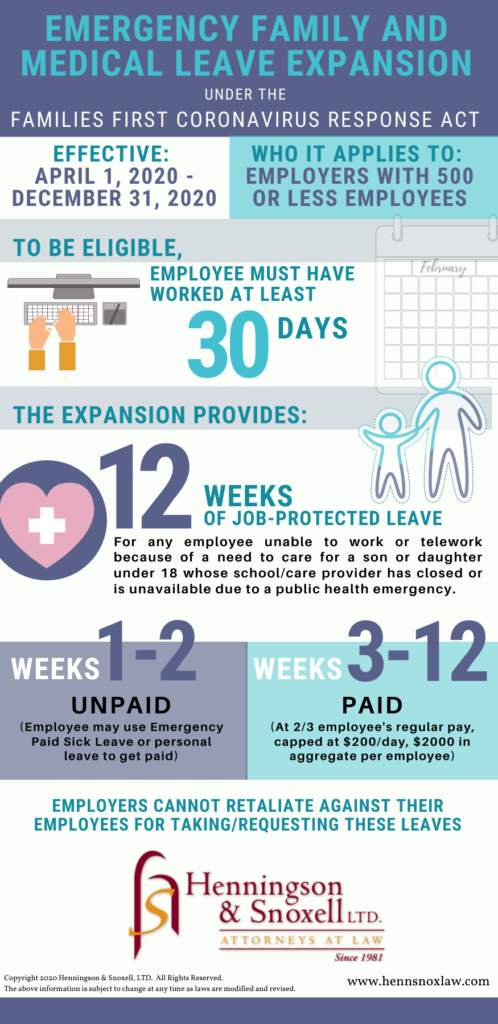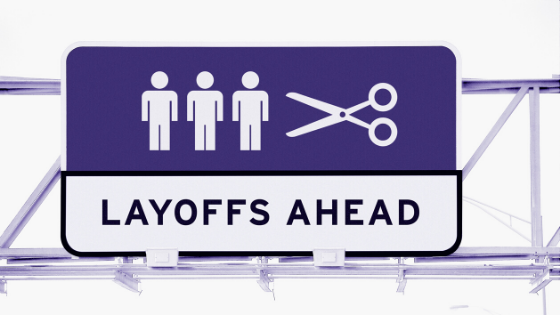07.06.2023 Written by: Henningson & Snoxell, Ltd.
Legalized Marijuana in the Workplace: What Do Employers Need to Know?
Minnesota has become the 23rd State to legalize recreational marijuana, which goes into effect on August 1, 2023. With this change, employers have a few important steps to take to ensure safety in the workplace for their employees and their business. Here is what employers should know:
- Recreational marijuana is still illegal until August 1, 2023; therefore, any use or possession can still be subject to disciplinary action.
- After August 1, employers have some restrictions for prohibiting the use or possession of cannabis at work and when they can test for cannabis.
Prohibition on Use or Possession at Work
An employer cannot regulate an employee’s use and possession of recreational marijuana off work premises and during nonworking hours.
Employers can, however, regulate an employee’s use and possession during working hours, on work premises, or while operating an employer’s vehicle, machinery, or equipment.
Additionally, employers have no duty to permit or accommodate the use, possession, impairment, sale, or transfer of cannabis product (etc.) while an employee is working, on work premises, or operating an employer’s vehicle, machinery, or equipment.
Disciplinary Action Allowed
Employers may discipline, discharge, or take other adverse action against an employee for such use if:
- As a result of consumption, the employee does not possess the clearness of intellect and control of self that the employee otherwise would have;
- Cannabis testing verifies the presence of cannabis product (etc.) following a confirmatory test;
- As provided in the employer’s written work rules for cannabis products (etc.), provided the rules are in writing and in a written policy containing the minimum information; or
- As otherwise authorized or required under state or federal law, or if failure to do so would cause an employer to lose a monetary or licensing-related benefit under federal law or regulations.
Employers may not discipline, discharge, discriminate against, or request rehabilitation of an employee:
- Based on a positive result that has not been verified by a confirmatory test.
- Based on a positive result from a confirmatory cannabis test unless:
- Employer has first given the employee an opportunity to participate in a counseling or rehabilitation program; and
- The employee either refused to participate or has failed to successfully complete the program (via withdrawal from program before completion or by positive confirmatory test after completion of program).
Employers may temporarily suspend or transfer an employee to another position (at the same rate of pay) pending the outcome of the confirmatory test, as long as the employer believes it is to be reasonably necessary to protect the health or safety of the employee, co-employees, or the public.
Cannabis Testing for Employees
An employer can test for cannabis when:
- The employee works in a “safety-sensitive position.” Such positions are subject to Random Testing.
- The employer has a reasonable suspicion that the employee:
- Is under the influence of drugs or alcohol;
- Has violated the employer’s written work rules prohibiting such use;
- Sustained a personal injury or has caused another employee to sustain a personal injury; or
- Caused a work-related accident or was operating or helping to operate machinery, equipment or vehicles involved in a work-related accident.
- The employee has been referred by employer for substance use disorder treatment or evaluation.
An employer cannot test for cannabis on an arbitrary or capricious basis. In addition, employees have the right to request and receive a copy of the cannabis testing results from the employer.
What You Need to Do
- Update written drug and alcohol policies (usage and testing) to explicitly include cannabis language. This statute sets forth specific requirements for your written policy in order that it be compliant. Please contact our offices to ensure your policy reflects such language (some of which includes but is not limited to listing the employees or job applicants subject to testing under the policy, etc.)
- Prepare a form detailing the employer’s drug, alcohol, and cannabis testing policy and present it to the employees.
Please contact us before August 1, 2023, to update your drug and alcohol policies to include the necessary cannabis usage and testing language.
We will keep you informed as the Office of Cannabis Management continues to provide additional guidelines over the next year.
Read More











 Subscribe
Subscribe Subscribe
Subscribe







